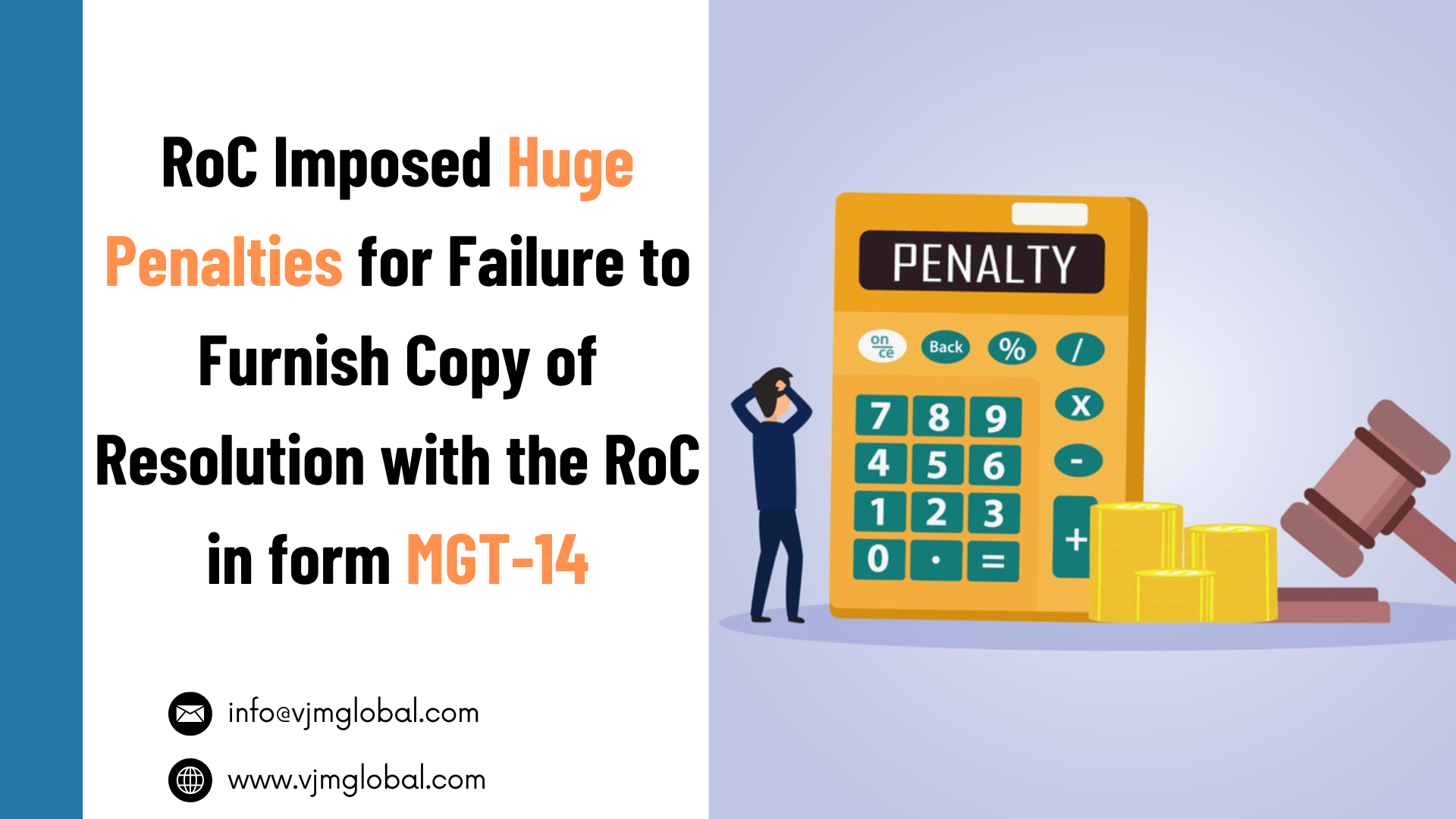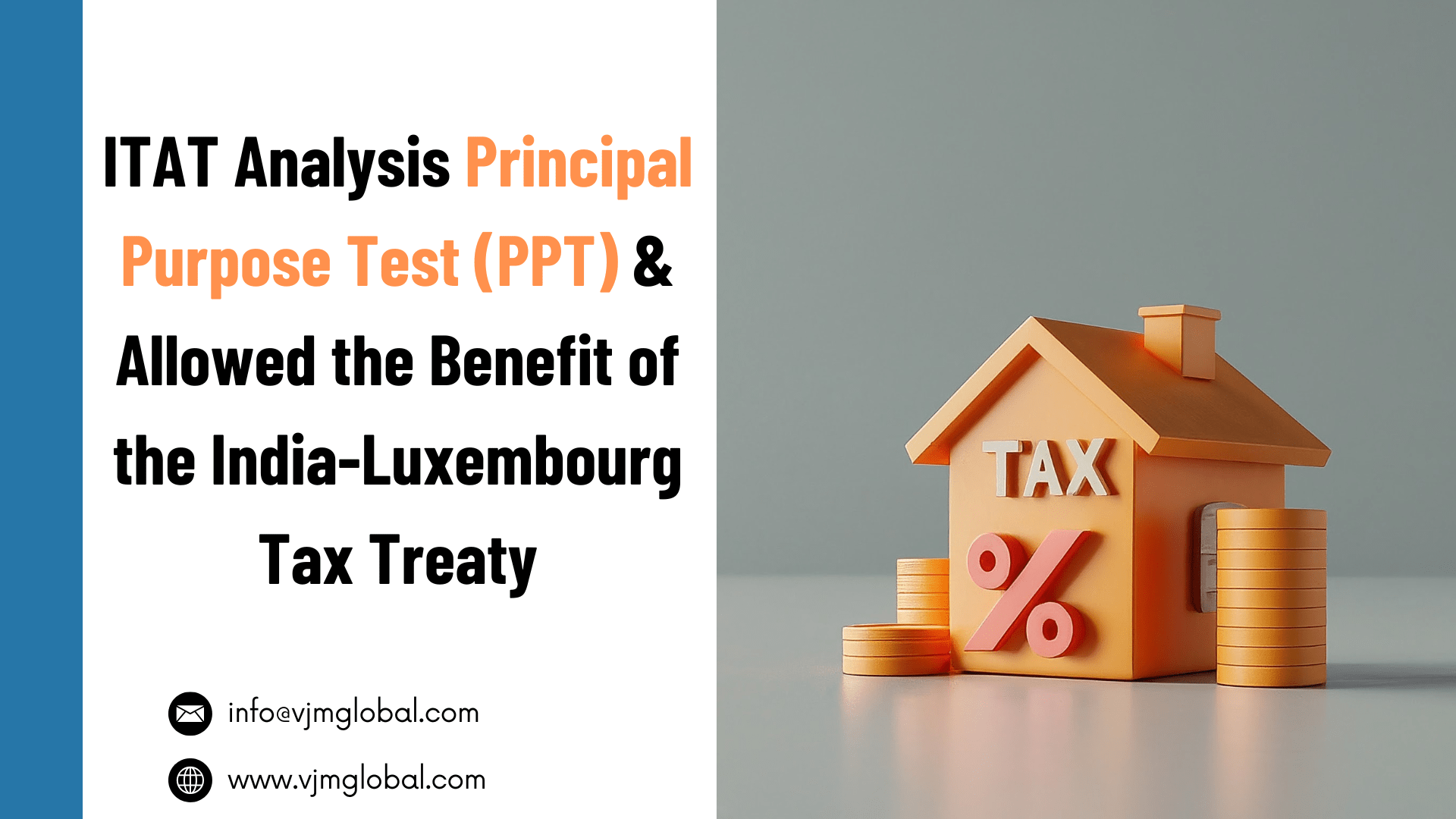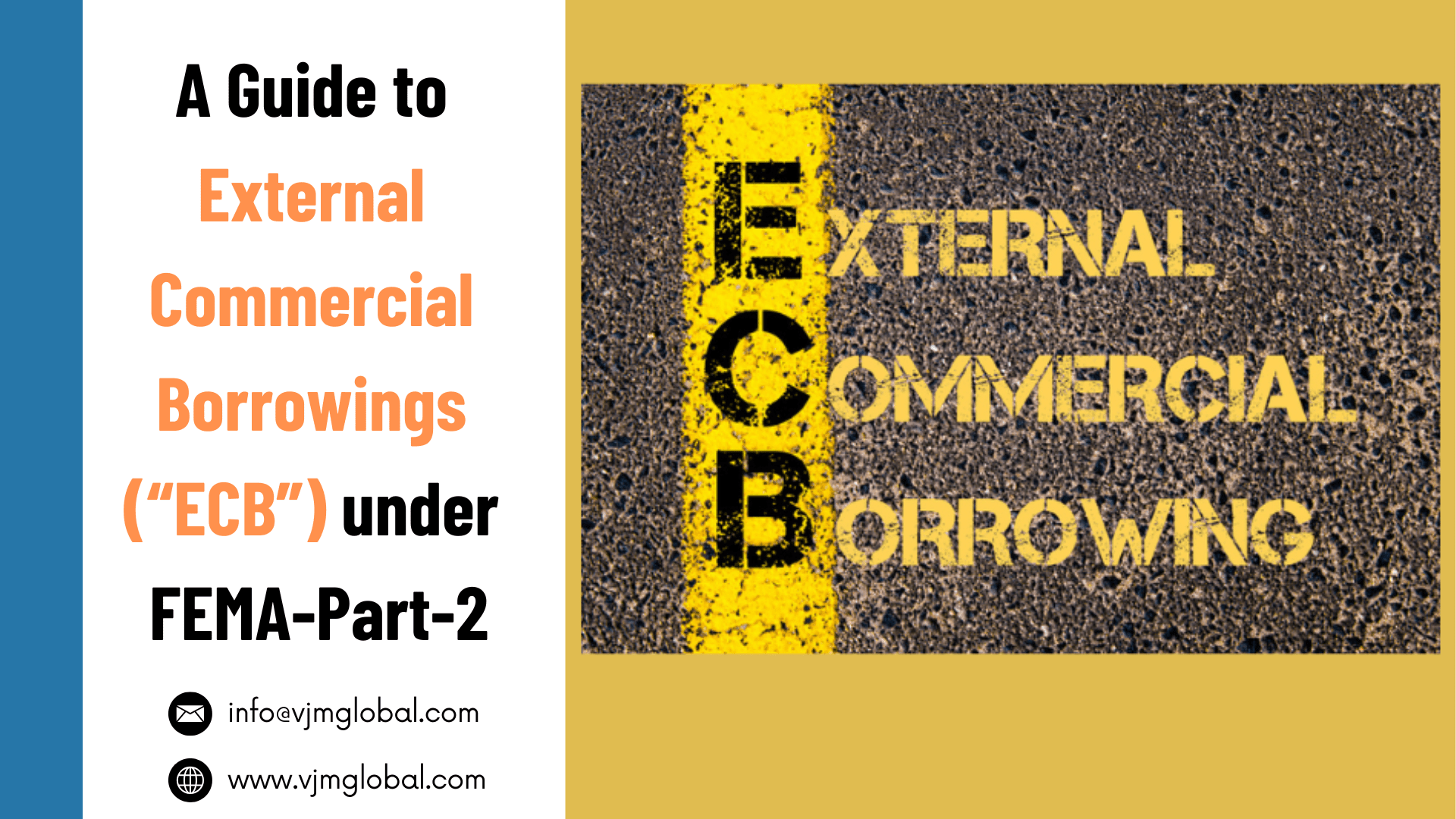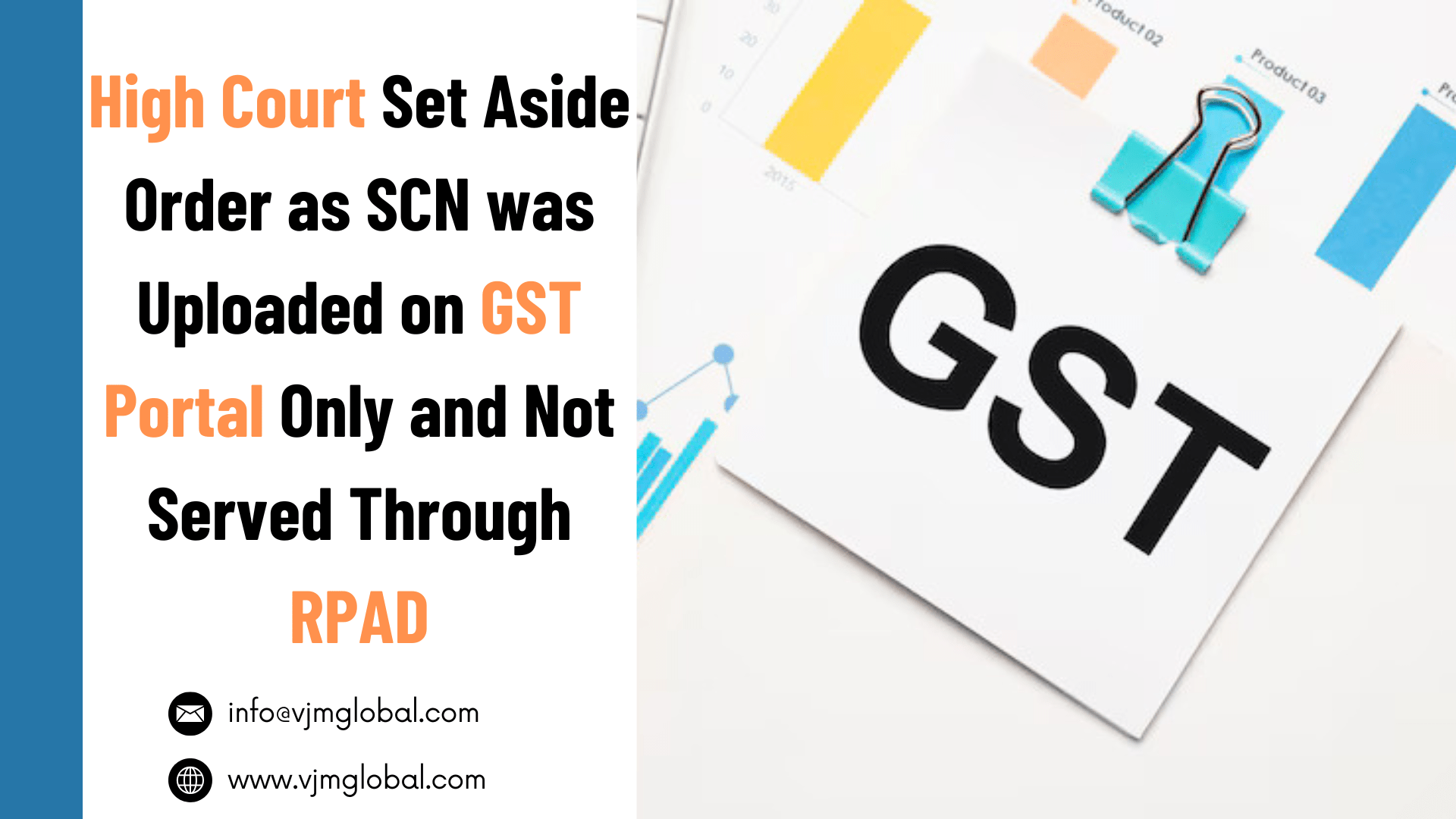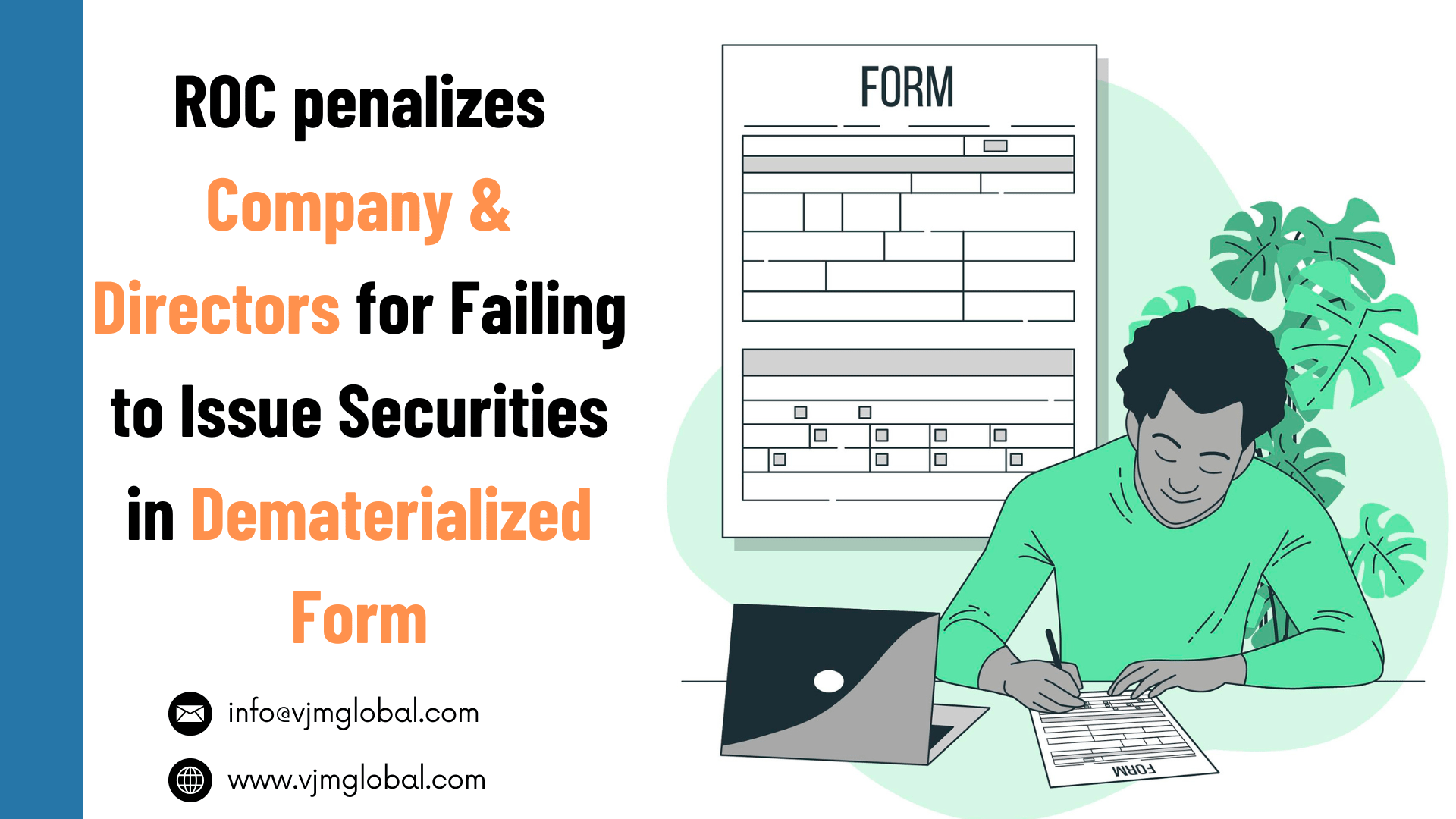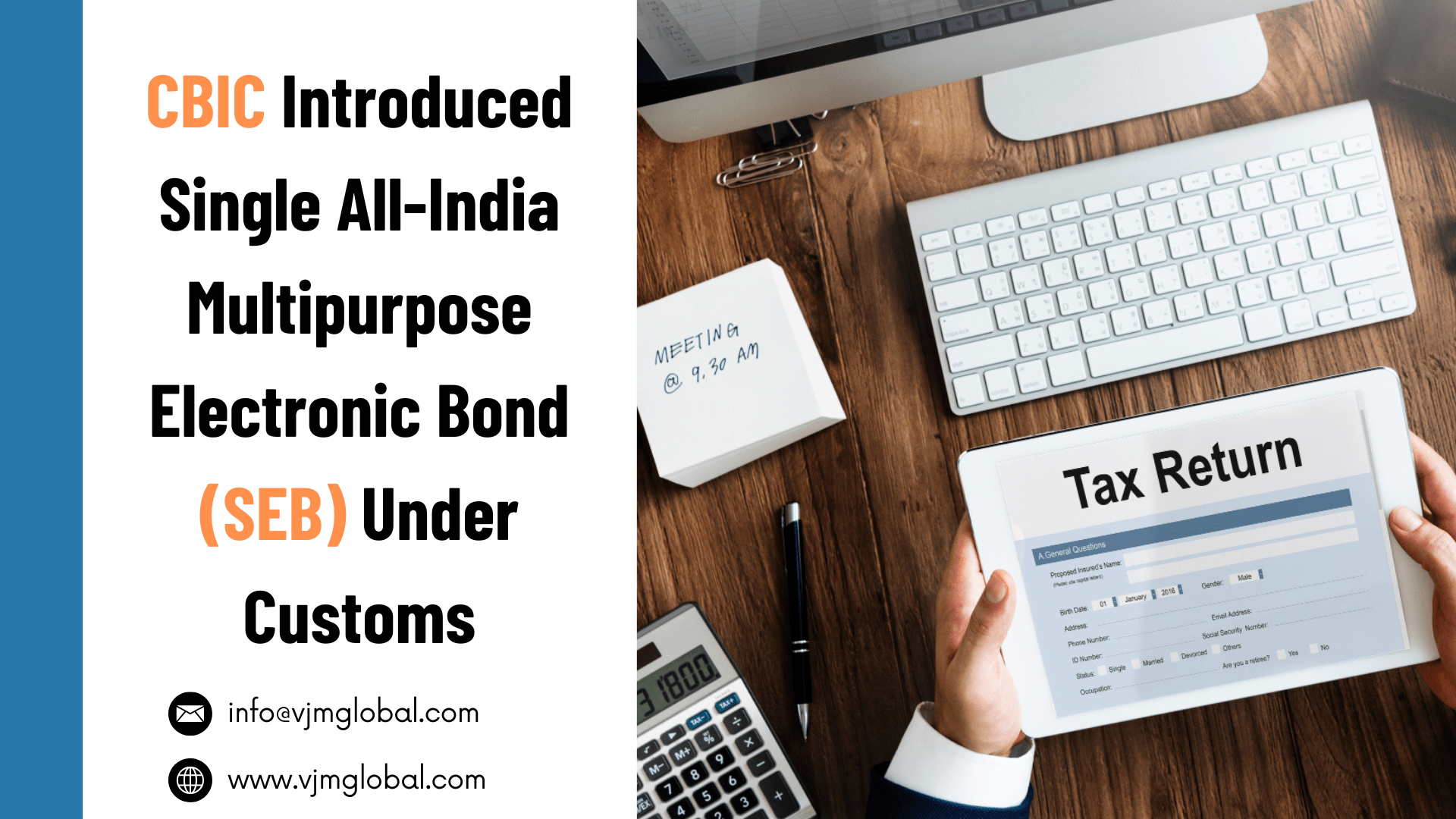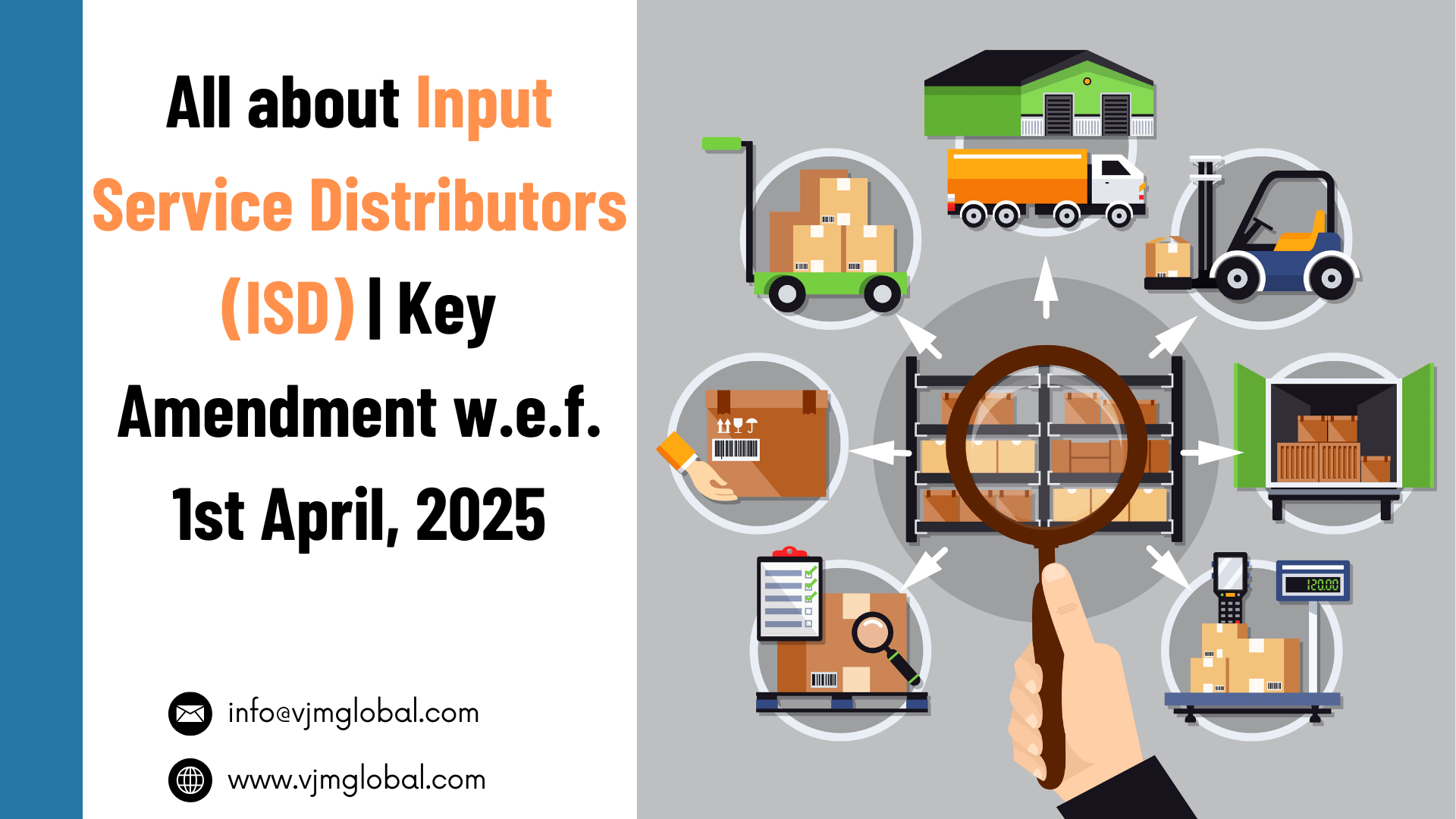The judgment of Hon’ble High Court of Orissa in the matter of M/s Safari Retreats Private Limited interprets provisions of Section 17(5)(d) of CGST Act, 2017 to check the admissibility of ITC on immovable property used for renting that is Input Tax Credit paid on procurement of goods or services used for the construction of immovable property for own purpose of the assessee.
Hon’ble High court has held that as the petitioner is paying GST on rental income which is arising out of investment on which GST has been paid and since there is no break in the chain of business from point of procurement of material and services for construction till renting of immovable property, ITC on immovable property used for renting should be allowed.
1. Brief facts of the case related to ITC on immovable property used for renting
- M/s Safari Retreats Private Limited (“Petitioner”) was engaged in the business of construction of shopping malls for the purpose of further letting out.
- For such construction, the petitioner acquired a huge quantity of material such as cement, sand, steel, aluminum, etc, and also took services in form of consultancy, legal and professional service, architectural service, etc.
- All such procurement of goods and services was subject to GST. Petitioner has paid GST of huge amount on procurement of goods and services.
- The activity of letting out of the shopping mall is considered as supply of service under GST and therefore, is liable to GST.
2. Dispute in the ITC on immovable property used for renting involved
- Petitioner accumulated ITC in respect of the purchase of goods and services to utilize the same for payment of GST on rental services.
- However, Department restricted such availing ITC due to restriction is given u/s 17(5)(d) of the CGST Act. Therefore, the petitioner had to pay a very large amount of GST.
- Section 17(5)(d) of the CGST Act, 2017 is reiterated as follows:
“Notwithstanding anything contained in sub-section (1) of section 16 and sub-section
(1) of section 18, the input tax credit shall not be available in respect of the following, namely:-
goods or services or both received by a taxable person for construction of an immovable property (other than plant or machinery) on his own account including when such goods or services or both are used in the course or furtherance of business.
Explanation.––For the purposes of clauses (c) and (d), the expression “construction” includes re-construction, renovation, additions or alterations or repairs, to the extent of capitalization, to the said immovable property;
- Understanding of the above-mentioned provisions is that input tax credit in respect of goods and services used for the construction of immovable property shall be allowed only if such immovable property is intended to be sold before issuance of completion certificate.
- However, renting of immovable property is not considered as supply of such immovable property. Therefore, the assessee is not entitled to claim ITC of GST paid on input or input services.
- Accordingly, the petitioner moved a writ petition to the Hon’ble Orissa High Court to challenge the constitutional validity of Section 17(5)(d) of the CGST Act under Article 14.
3. Argument by Petitioner
Petitioner has filed the petition contending on the dispute of ITC on immovable property used for renting:
- As there is no break in business activity of petitioner from point of construction of mall till letting out it to its tenants. Whereas, disallowance of input tax credit to petitioner will break the chain of tax credit and will result in the cascading effect of taxes.
- ITC is allowed when a builder sells a building before issuance of completion certificate as the tax chain is not broken. Similarly, the chain is not breaking in case of letting out also. Therefore, not adopting the same interpretation in the case of renting of the shopping mall is highly discriminatory and arbitrary in nature.
- Such interpretation violates the fundamental right of a person vested by virtue of Article 14-“equality before the law and equal protection”.
4. Argument by Respondent
In response to the writ filed by petitioner, respondent contended:
- Input tax credit can’t be claimed as a matter of constitutional right by any assessee. Article 14 of the constitution can be said to be breached only when there is gross disparity resulting in clear discrimination.
- Provision of section 16 supra can’t be read in isolation rather should be read with conditions and restrictions provided. The assessee can’t follow the action to the extent of his suitability. Therefore, provisions of section 16 should be read with restrictions provided under section 17.
- Justice or injustice of a provision is a matter of legislature and the same can’t be open for judicial review.
5. Interpretation by Hon’ble High Court
High Court has interpreted as follows:
- If the petitioner would have disposed of the property after issuance of the completion certificate then the petitioner would have paid GST in form of ITC. However, if the property would have been sold before the issuance of the completion certificate then he would not be required to pay GST.
- In the given case, the petitioner is retaining the property and is not using it for its own purpose rather he is letting it out which is covered under GST. Still, the petitioner is required to pay a huge amount of GST to which he is not liable.
- Provisions of section 17(5)(d) should be read down and narrow restriction as imposed by the department while reading provisions is not acceptable as the various purpose of the credit is to give benefit to the assessee.
6. Conclusion
As Petitioner is paying GST on rental income which is arising out of investment on which GST has been paid by him. Therefore, the petitioner should be entitled to claim ITC paid on inward supply of goods or services.
The hon’ble high court had allowed the benefit of ITC. However, it refused its inclination to declare provisions of Section 17(5)(d) as ultra vires.
Sustainability of First Information Report (FIR) under IPC for offence committed under GST Law


